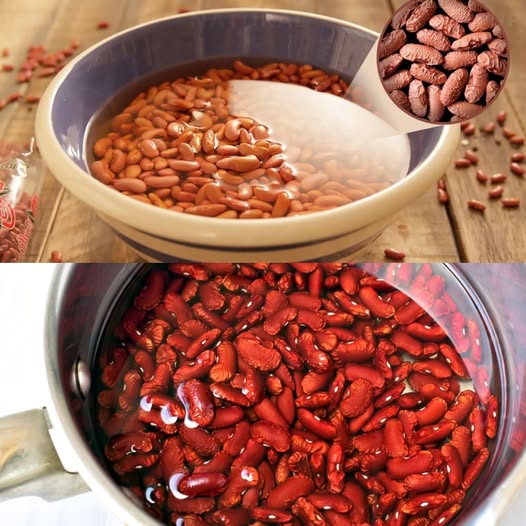Soaking beans overnight is a simple yet powerful technique that can significantly enhance their nutritional value, improve digestion, and reduce cooking time. In this post, we will explore the benefits of soaking beans, the science behind it, and how to do it effectively.
Why Soaking Beans is Beneficial
-
Improved Digestion:
- Reduced Phytic Acid: Soaking beans helps reduce phytic acid, an antinutrient that can hinder the absorption of minerals like iron, zinc, and calcium.
- Easier Digestion: Soaking softens the beans, making them easier to digest and reducing the risk of gas and bloating.
-
Enhanced Nutrient Absorption:
- Increased Bioavailability: Soaking helps break down complex carbohydrates and proteins, making them more easily digestible and absorbable.
- Reduced Lectins: Lectins, antinutrients found in beans, can interfere with nutrient absorption. Soaking helps reduce their levels.
-
Faster Cooking Time:
- Softer Beans: Soaking softens the beans, significantly reducing cooking time.
-
Reduced Toxins:
- Leaching of Toxins: Soaking can help leach out any toxins or harmful substances that may be present in the beans.
How to Soak Beans
- Choose Your Beans: Select the type of beans you want to cook, such as kidney beans, chickpeas, or lentils.
- Rinse the Beans: Rinse the beans thoroughly under cold water to remove any dirt or debris.
- Soaking Ratio: Use a ratio of 1 part beans to 2 parts water.
- Soaking Time: Soak the beans overnight or for at least 8-12 hours.
- Drain and Rinse: After soaking, drain the beans and rinse them thoroughly before cooking.
Cooking Soaked Beans
Soaked beans can be cooked using various methods, including boiling, pressure cooking, or slow cooking. Here’s a basic method for boiling soaked beans:
- Add Water: Place the soaked beans in a pot and add enough water to cover them by about an inch.
- Bring to a Boil: Bring the pot to a boil.
- Simmer: Reduce heat and simmer, covered, until the beans are tender.
- Season: Season the cooked beans with salt, pepper, or other herbs and spices to taste.
Tips for Soaking and Cooking Beans
- Add Baking Soda: Adding a teaspoon of baking soda to the soaking water can help soften the beans and reduce cooking time.
- Change the Water: After soaking, drain the water and rinse the beans to remove any toxins or impurities.
- Store Cooked Beans: Cooked beans can be stored in an airtight container in the refrigerator for up to 4 days or frozen for longer periods.
By incorporating the practice of soaking beans into your cooking routine, you can enhance the nutritional value of your meals, improve digestion, and enjoy a variety of delicious bean dishes.
